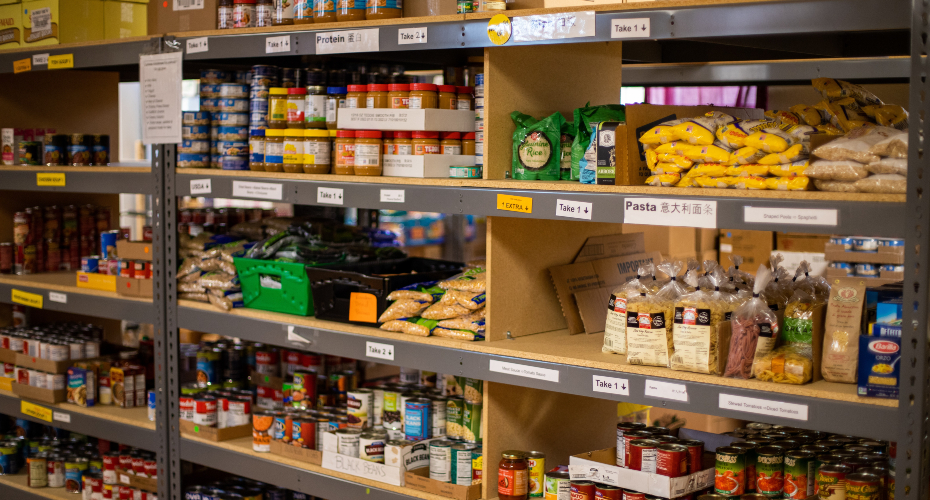In the UK, food poverty is a critical issue that has garnered attention from various political parties. Each party has proposed policies to address the root causes and mitigate the effects of food poverty. Here is an overview of the policies from the major parties:
Labour Party
The Labour Party has historically focused on social welfare and addressing inequality. Their policies to tackle food poverty include:
- Increasing the Minimum Wage: Labour proposes raising the minimum wage to ensure that working individuals earn enough to afford basic necessities, including food.
- Universal Free School Meals: Labour aims to extend free school meals to all primary school children and some secondary school students to ensure no child goes hungry during the school day.
- Expanding Welfare Support: Labour supports increasing Universal Credit and other benefits to provide better financial support for low-income families.
- Food Security Strategy: Labour plans to develop a comprehensive food security strategy that includes support for food banks and community kitchens.
Conservative Party
The Conservative Party has focused on economic growth and employment as means to address food poverty. Their policies include:
- Job Creation and Economic Growth: The Conservatives believe that by fostering economic growth and creating jobs, more individuals will be able to support themselves and their families.
- Free School Meals for Eligible Children: The party supports the provision of free school meals to children from low-income families.
- Support for Food Banks: While the Conservatives emphasize reducing the need for food banks through economic measures, they also support the work of food banks and charities.
Liberal Democrats
The Liberal Democrats emphasize social justice and targeted support for vulnerable groups. Their policies to combat food poverty include:
- Universal Free School Meals: Similar to Labour, the Liberal Democrats propose extending free school meals to all primary school children.
- Reforming Universal Credit: They advocate for reforms to Universal Credit to make it more generous and supportive for low-income families.
- Local Food Initiatives: The party supports funding for local food initiatives, such as community kitchens and food co-operatives, to ensure access to affordable, healthy food.
Green Party
The Green Party focuses on sustainability and social equity. Their policies include:
- Living Wage: The Greens propose increasing the minimum wage to a living wage to ensure all workers can afford basic needs.
- Universal Basic Income: They support the introduction of a Universal Basic Income to provide a safety net for all citizens.
- Support for Local Food Systems: The Green Party promotes local food production and distribution systems to make healthy food more accessible and reduce dependence on food banks.
- Free School Meals: They support the provision of free school meals to all children to ensure no child goes hungry.
Scottish National Party (SNP)
The SNP focuses on policies tailored to Scotland’s needs, including:
- Free School Meals: The SNP has committed to expanding free school meals to all primary school pupils and providing meals during holidays.
- Best Start Grant: They offer financial support for low-income families with young children to help cover essential costs, including food.
- Food Insecurity Fund: The SNP has established a fund to support organizations tackling food insecurity in communities across Scotland.
Conclusion
Each party offers a range of policies to address food poverty, from increasing financial support for low-income families to ensuring children have access to nutritious meals. The effectiveness of these policies will depend on their implementation and the broader economic context. Voters concerned about food poverty should consider which party’s approach aligns best with their priorities and the needs of their community.

